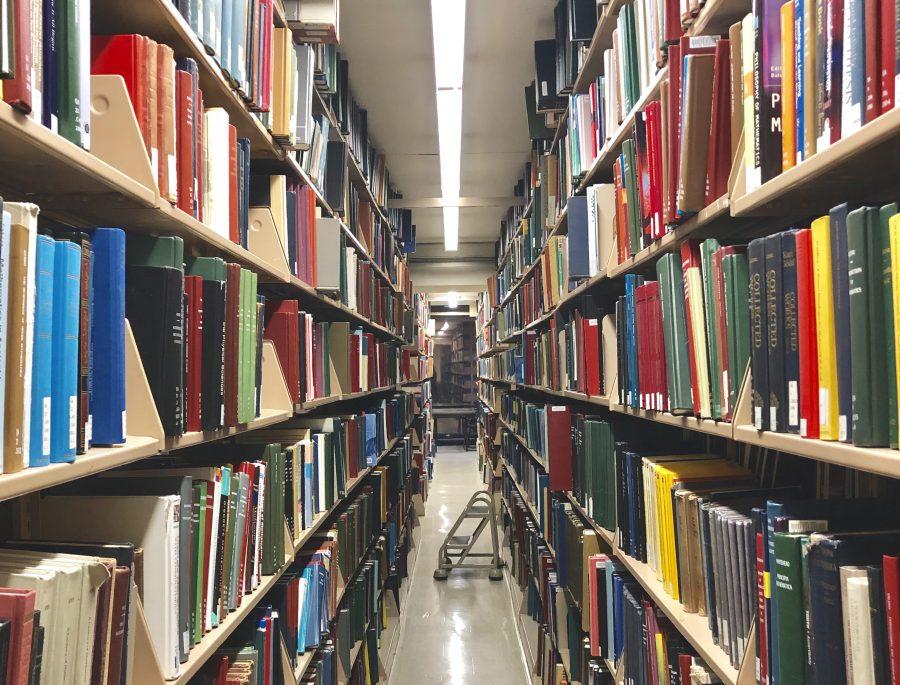Music Professor Robert Rowe experienced every scholar’s nightmare when he tried to open the original digital version of his book, which was published in 1992. The old Microsoft files would not open because of unrecognized images.
Rowe took his computer to the Barbara Goldsmith Preservation & Conservation Department at Bobst Library assuming employees would be able to open the files, but they told him his only chance to recover the original document was to find an old computer. Rowe ended up recovering half of the original text and then needed to scan the rest of it from the published book, but the complete original copy was lost.
This is the situation NYU Libraries is trying to overcome with its new project, “Enhancing Services to Preserve New Forms of Scholarship,” funded by a $527,000 grant from The Andrew W. Mellon Foundation. The Mellon Foundation is dedicated to supporting higher education and cultural institutions. Since 2017, the foundation has donated over $3.5 million to NYU and its president, poet Elizabeth Alexander, will speak at the all-university commencement on May 22.
The project is a collaborative endeavor between publishing organizations, including NYU Press, to test new preservation methods for documents with media. This project is intended to prevent situations like Professor Rowe’s.
“I think [the project is] extremely necessary,” Rowe said. “There’s all kinds of content being created now that will be unreadable in five to 10 years, so I think it’s critical.”
Rowe’s book included only text and pictures, but scholars are increasingly looking to include more complex types of media into their research like audio files, data sets and even simulations. These new forms of media present challenges for preservation groups that are responsible for ensuring that future researchers can access today’s scholarly work, according to Assistant Dean for Digital Library Technology Services David Millman.
“We’ve done a lot of work with our own press over the years so we just feel it’s our responsibility to do these types of things,” Millman said. “It’s a really old-fashioned library value to make sure the thing that publishers produce can be available to people and can be available in the future.”
Until NYU Libraries finishes its preservation research, scholars will have to be mindful of saving their own projects.
By the end of the 18-month grant period, the project hopes to establish new guidelines for authors to understand what is preservable.
“We think it’s going to result in a different way that publishers talk with their authors about what’s possible and what’s more risky,” Millan said. “Some people want to do these things that are more difficult to preserve and maybe can’t be preserved, but for them it’s worth it to just have that experience exist for now.”
A version of this article appeared in the Monday, April 22, 2019, print edition. Email Emily Mason at [email protected].





















































































































































